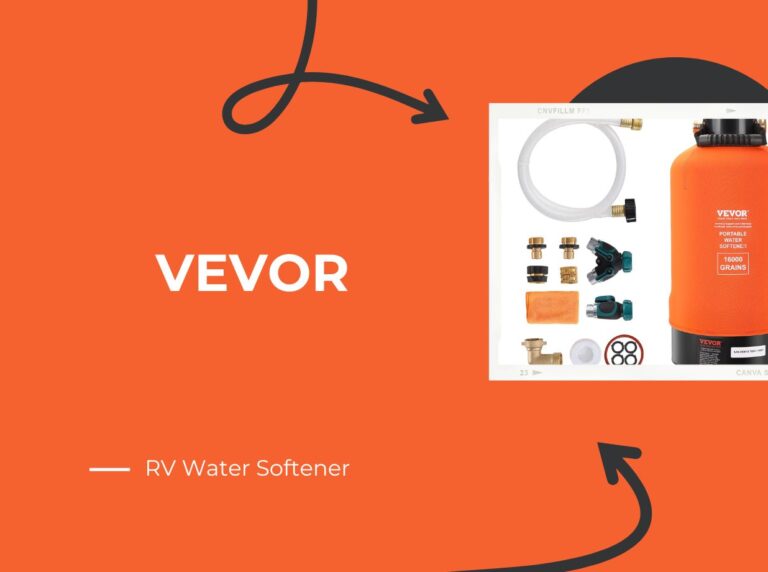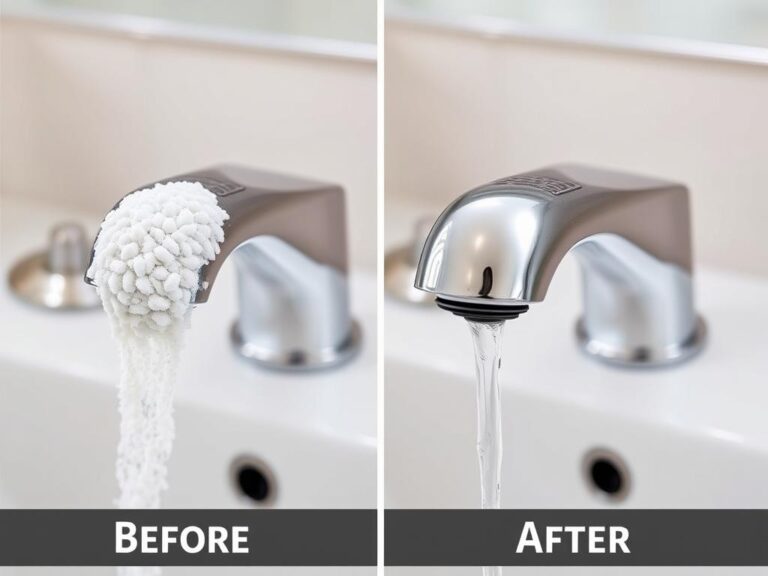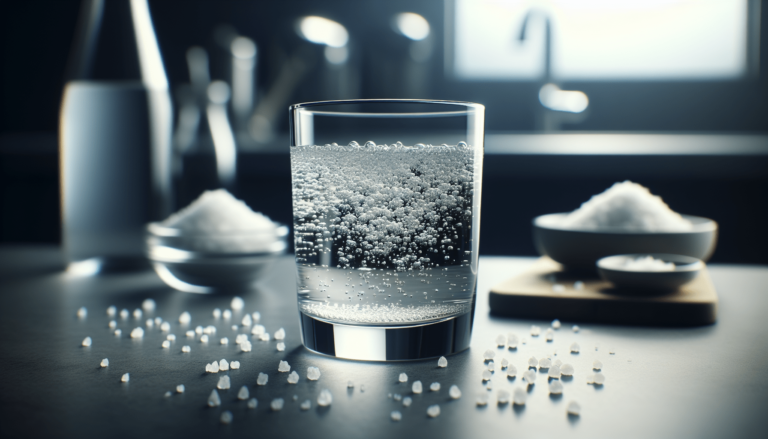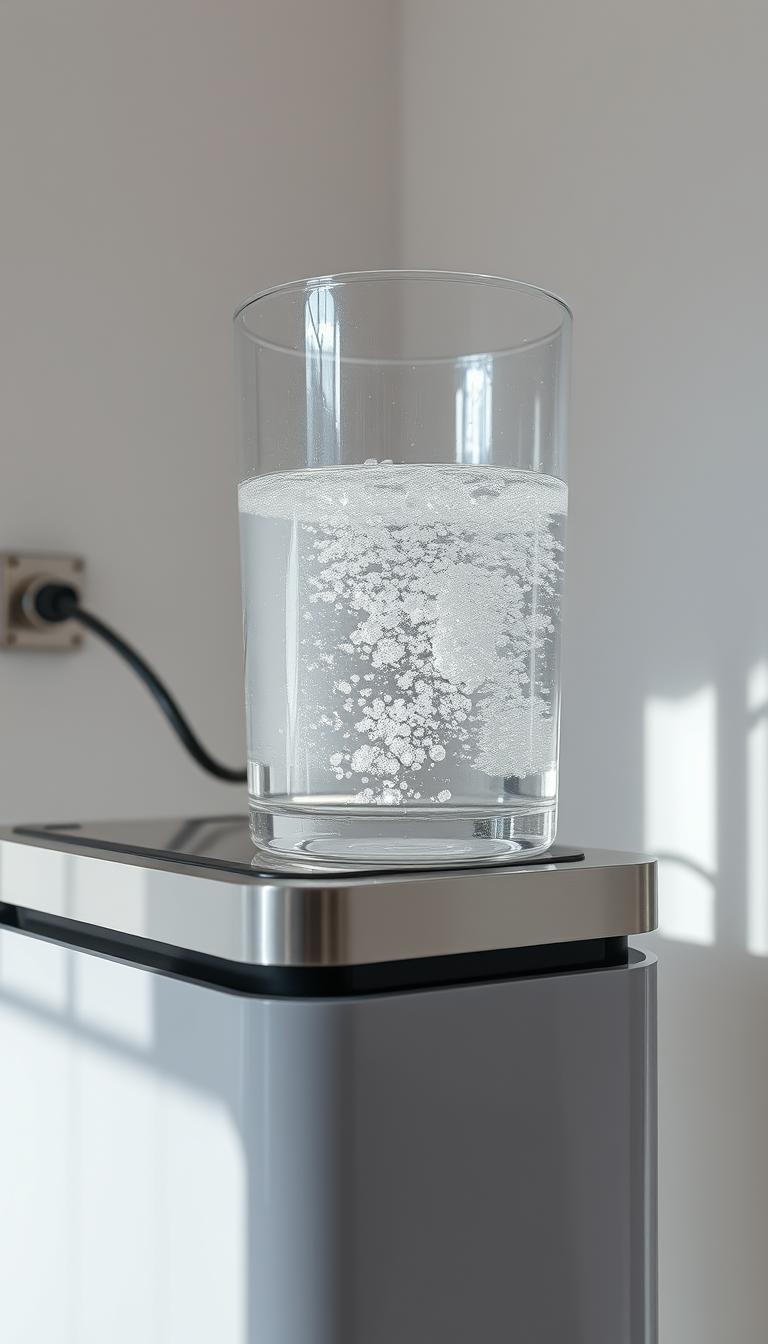9 Signs You Might Need a Water Softener
Hard water is more than just a minor inconvenience—it’s a common household problem affecting over 85% of American homes. Those pesky minerals like calcium and magnesium might be invisible to the naked eye, but they leave their mark on everything from your plumbing to your skin. If you’ve been battling mysterious appliance breakdowns, spotty dishes, or dry, itchy skin, a water softener might be the solution you’ve been searching for. Let’s explore the telltale signs that your home could benefit from this game-changing water treatment system.
1. Spotty Dishes and Glassware
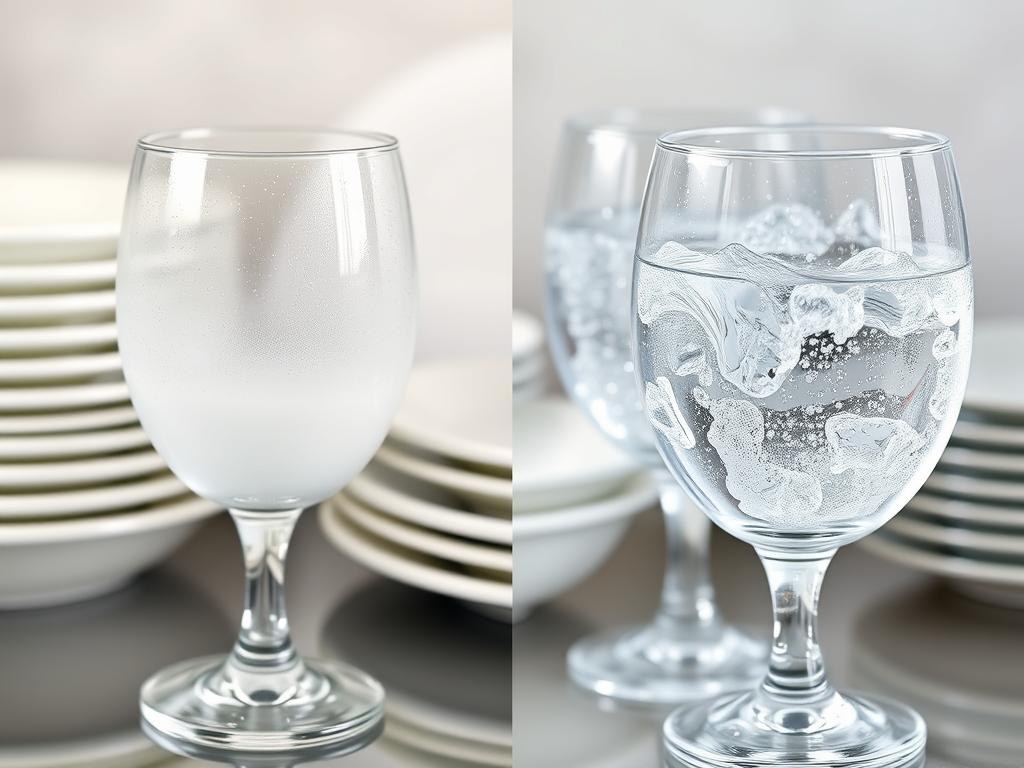
Have you ever unloaded your dishwasher only to find your supposedly “clean” glasses covered in cloudy spots and streaks? This frustrating phenomenon isn’t a sign of a malfunctioning dishwasher or poor-quality detergent—it’s one of the most common indicators of hard water in your home.
Those stubborn white spots are actually mineral deposits left behind when hard water evaporates. Calcium and magnesium ions in your water bind to the surface of your dishes, creating a film that’s difficult to remove even with extra rinse cycles or premium detergents.
Quick Tip: Try this simple test at home: wash a glass, let it air dry, then hold it up to the light. If you see cloudy spots or a film, you’re likely dealing with hard water. Many homeowners report spending extra on “rinse aids” for years before realizing a water softener would solve the problem at its source.
2. Dry, Itchy Skin and Dull Hair
If you’ve noticed your skin feeling tight, itchy, or irritated after showering, hard water might be the culprit. The minerals in hard water interact with soap to form a sticky residue that remains on your skin even after thorough rinsing. This residue clogs pores and strips away natural oils, leaving your skin dry and irritated.
The same principle applies to your hair. Hard water minerals coat each strand, preventing moisture from penetrating and leaving your locks dull, brittle, and difficult to manage. Many people mistakenly blame their shampoo or conditioner when the real issue is flowing right from their showerhead.
Quick Tip: If you find yourself constantly applying lotion after showering or notice your hair becoming increasingly difficult to style, try washing your face or hair with bottled water for a week. The difference can be remarkable—and a strong indicator that a water softener could dramatically improve your daily hygiene routine.
3. Fading Clothes and Rough Fabrics
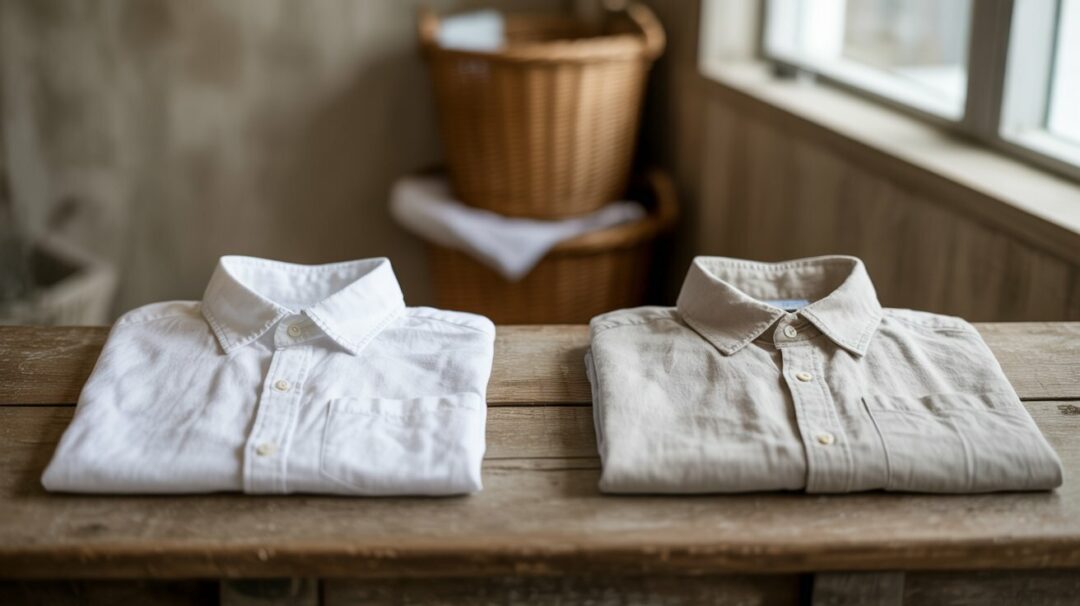
Have your once-vibrant clothes started looking faded and worn after just a few washes? Are your towels feeling more like sandpaper than the plush, soft fabrics you purchased? Hard water is likely the hidden culprit behind these textile troubles.
The minerals in hard water become trapped in fabric fibers during washing, making colors appear dull and causing fabrics to feel stiff and rough. These trapped minerals also prevent detergent from properly dissolving, resulting in less effective cleaning and potential detergent buildup in your clothes.
Quick Tip: If you find yourself using more detergent than recommended or adding extra fabric softener with minimal improvement, it’s a strong indicator that hard water is affecting your laundry. Many families report using up to 50% less detergent after installing a water softener.
Recommended Solution: Compact Water Softener System
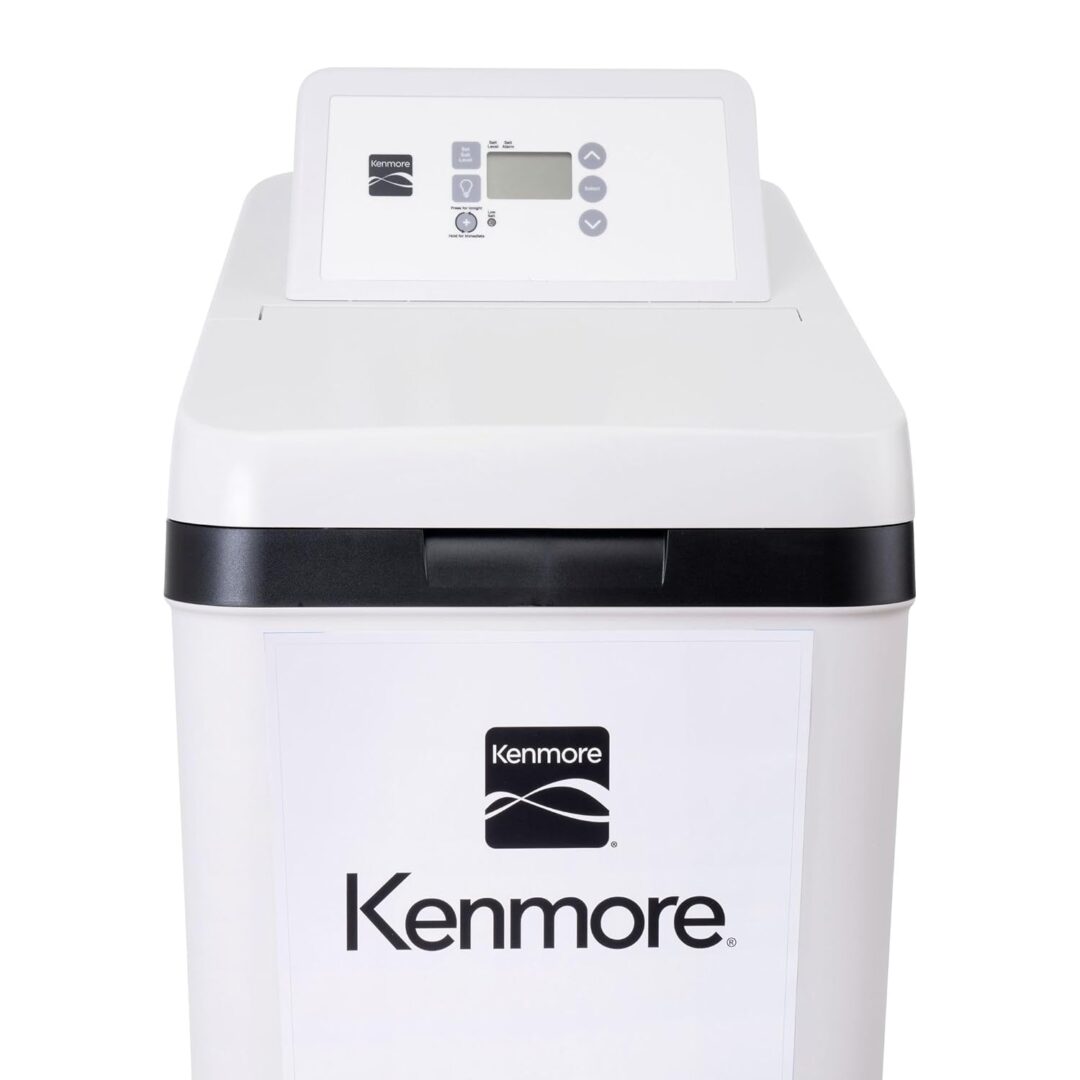
This compact water softener system is perfect for homes experiencing the first signs of hard water problems. It effectively removes calcium and magnesium minerals that cause spotty dishes, dry skin, and faded laundry. With its space-saving design, it fits easily in utility rooms, basements, or garages while treating water for your entire home.
- Removes hard water minerals through efficient ion exchange
- Digital control head for easy programming and monitoring
- Compact design perfect for smaller installation spaces
- Improves appliance efficiency and extends their lifespan
4. Scale Buildup on Fixtures and Appliances
Those crusty white deposits around your faucets, showerheads, and drains aren’t just unsightly—they’re a clear indication of hard water. This scale buildup occurs when minerals in hard water are left behind after evaporation, gradually accumulating on surfaces and becoming increasingly difficult to remove.
Beyond the cosmetic issue, scale buildup can actually damage your fixtures and appliances over time. The minerals can clog showerheads, reducing water pressure, and build up inside appliances like coffee makers, dishwashers, and washing machines, forcing them to work harder and shortening their lifespan.
Quick Tip: If you find yourself regularly soaking showerheads in vinegar or scrubbing away white deposits from faucets, you’re treating the symptom rather than the cause. A water softener prevents scale from forming in the first place, saving you countless hours of cleaning and extending the life of your fixtures and appliances.
5. Increased Water Heating Costs
Have you noticed your water heating bills creeping up without explanation? Hard water could be the hidden factor driving up your energy costs. When hard water is heated, the minerals form scale deposits inside your water heater, creating an insulating layer that makes the heating element work harder to warm your water.
Studies show that even just 1/8 inch of scale buildup can increase energy consumption by up to 25%. Over time, this not only costs you more in utility bills but can also significantly shorten the lifespan of your water heater—potentially by years.
Quick Tip: Listen for unusual sounds coming from your water heater, like popping or cracking noises. These sounds occur when water is trapped under scale deposits and begins to boil, creating steam bubbles that pop. This “kettling” effect is a strong indicator that scale has built up inside your water heater.
6. Plumbing Problems and Reduced Water Pressure
If you’ve noticed a gradual decrease in water pressure throughout your home, hard water minerals might be silently clogging your pipes. Over time, calcium and magnesium deposits build up inside your plumbing, narrowing the passageway for water and reducing flow.
This mineral buildup doesn’t just affect water pressure—it can lead to more serious plumbing issues. Pipes with significant scale accumulation are more prone to leaks, clogs, and even complete blockages. In extreme cases, homeowners may face expensive repiping projects that could have been avoided with a water softener.
Quick Tip: If you notice decreased water pressure in multiple fixtures throughout your home (rather than just one), it’s likely a system-wide issue caused by hard water. Professional plumbers often report removing pipes with openings narrowed by up to 70% due to scale buildup in homes with hard water.
Recommended Solution: Hard Water Test Kit
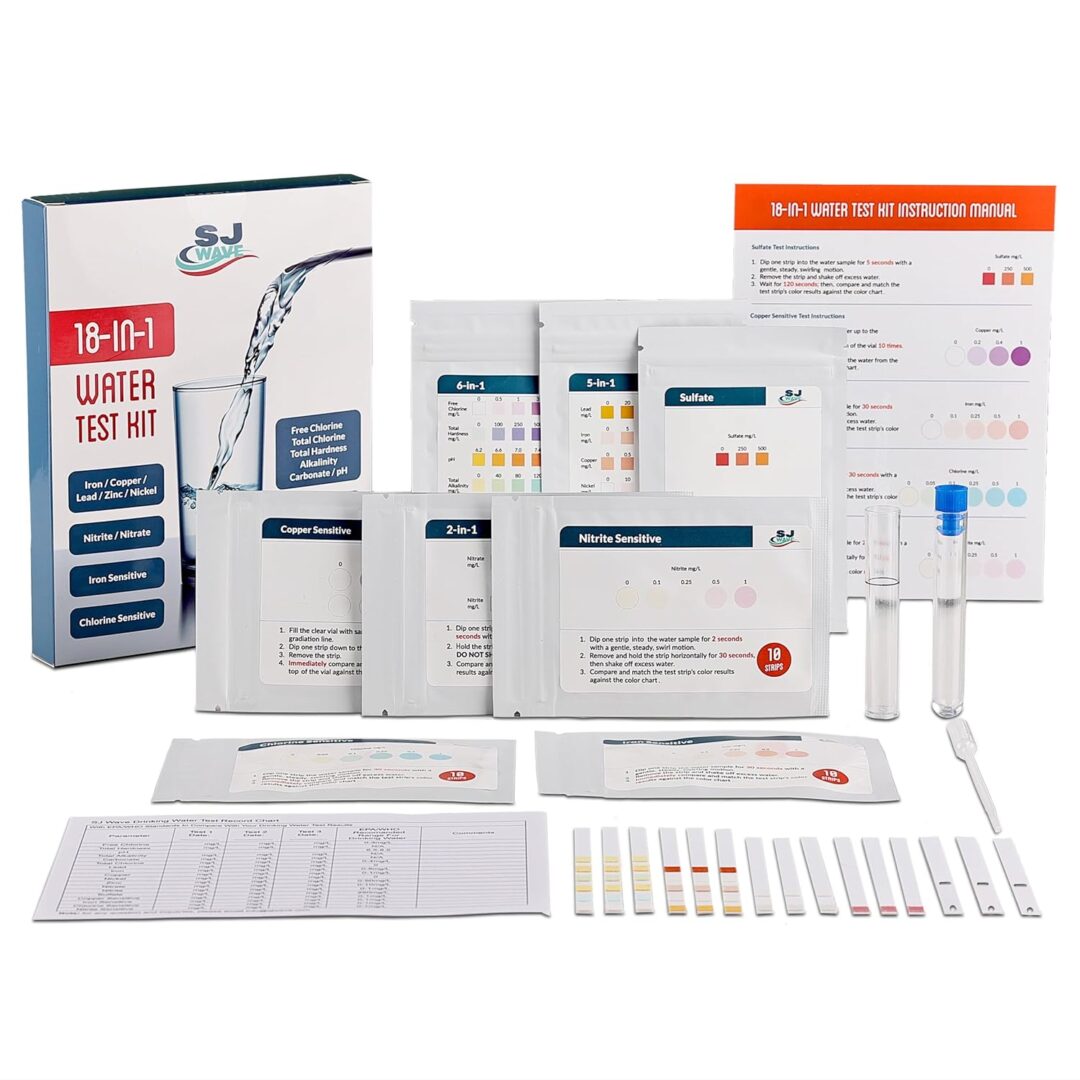
Before investing in a water softener, it’s important to know exactly how hard your water is. This comprehensive test kit allows you to quickly and accurately measure the hardness levels in your home’s water supply, helping you determine if a water softener is necessary and what size system would be most appropriate.
- Simple test strips provide results in seconds
- Measures water hardness in grains per gallon (GPG)
- Includes tests for iron, pH, and other common water issues
- Easy-to-read color chart for accurate interpretation
7. Frequent Appliance Repairs and Replacements
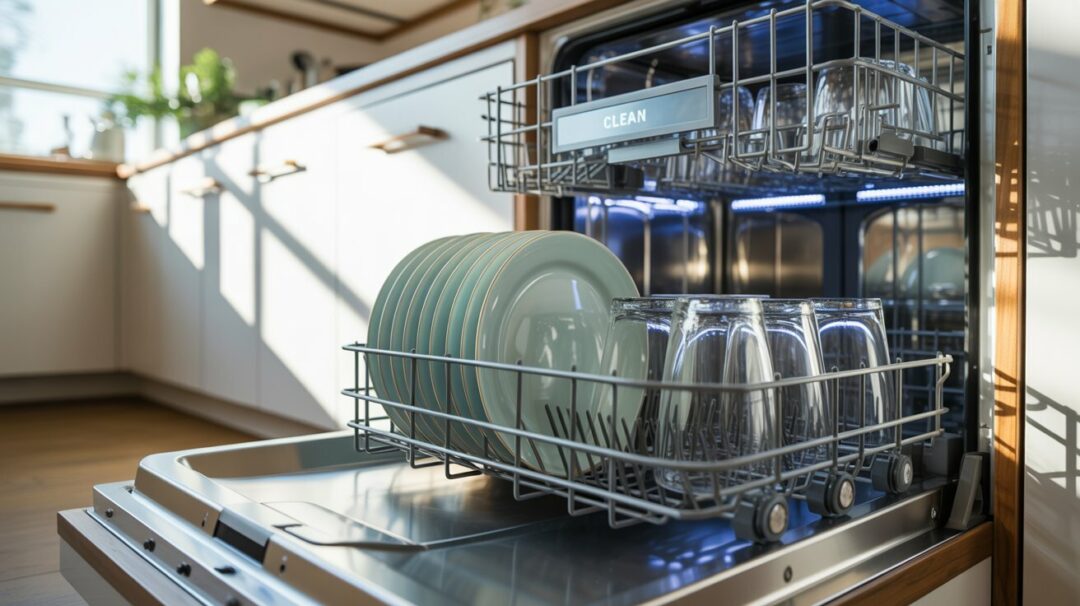
If your household appliances seem to break down more frequently than they should, hard water could be the underlying cause. Water-using appliances like dishwashers, washing machines, coffee makers, and ice makers are particularly vulnerable to the damaging effects of mineral buildup.
Scale accumulation on heating elements forces appliances to work harder and run longer cycles, leading to premature wear and tear. Mineral deposits can also clog water lines, damage valves, and interfere with sensors, resulting in malfunctions and shortened appliance lifespans.
Quick Tip: Pay attention to how often you’re replacing small appliances like coffee makers and kettles. Many homeowners don’t realize that their frequent appliance turnover is directly related to hard water. A water softener can extend the life of these appliances by years, saving you significant money in the long run.
8. Soap and Shampoo Don’t Lather Well
Have you ever noticed that no matter how much soap or shampoo you use, it just doesn’t seem to lather properly? This frustrating experience is a classic sign of hard water. The minerals in hard water react with soap to form “soap scum” instead of the rich lather you’d expect.
This reaction not only makes cleaning less effective but also means you end up using much more product than necessary. Many households with hard water report using up to twice as much soap, shampoo, and detergent compared to homes with soft water—an expense that adds up quickly over time.
Quick Tip: If you find yourself constantly pumping extra soap or shampoo to get a decent lather, try this experiment: take a small bottle of your regular soap to a friend’s house who has soft water (or use bottled water). The difference in lathering ability will immediately demonstrate how hard water is affecting your daily cleaning routines.
9. Constantly Cleaning Soap Scum and Residue
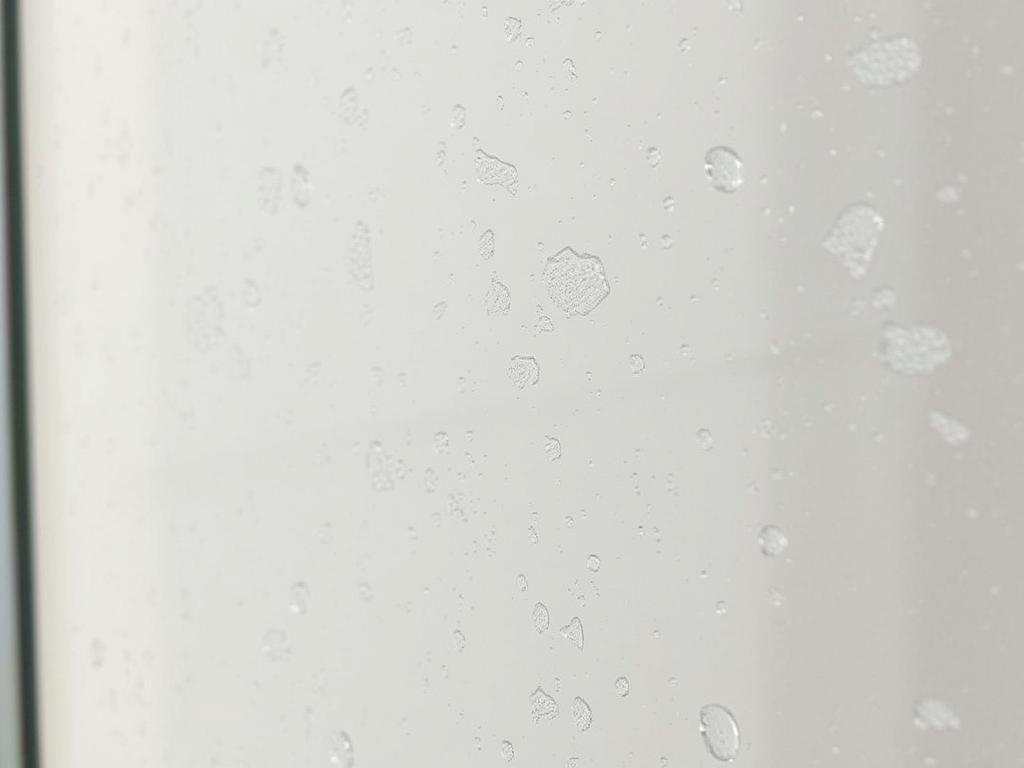
If you feel like you’re locked in a never-ending battle against soap scum in your bathroom, hard water is likely your unseen enemy. That stubborn, cloudy film that forms on shower doors, tubs, and sinks is the result of soap reacting with calcium and magnesium in hard water.
Unlike regular dirt that can be easily wiped away, soap scum forms a sticky, insoluble substance that bonds to surfaces and becomes increasingly difficult to remove over time. Many homeowners find themselves using harsh chemical cleaners and spending hours scrubbing—only to see the problem return within days.
Quick Tip: If you’re cleaning your bathroom more frequently than the average recommendation of once a week, or finding that standard cleaners don’t seem effective against shower scum, it’s a strong indication that hard water is complicating your cleaning routine. Many water softener owners report dramatic reductions in cleaning time and frequency after installation.
Recommended Solution: Premium Water Softener Salt
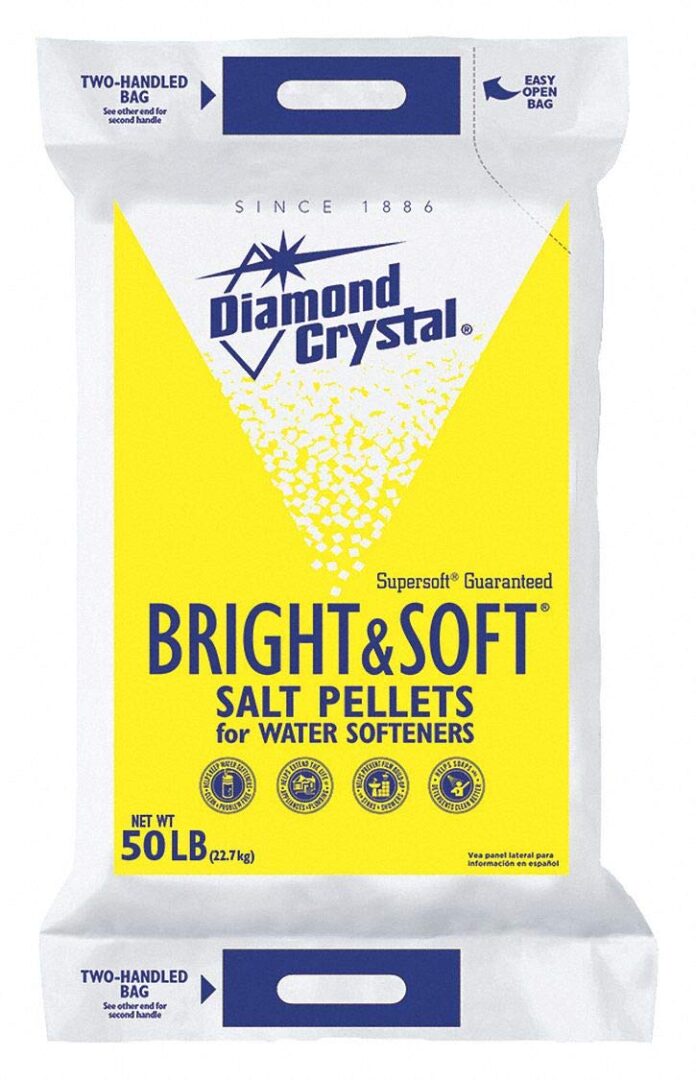
Keep your water softener running at peak efficiency with these premium salt pellets. Specially formulated for residential water softening systems, these high-purity pellets dissolve cleanly without residue, ensuring your system operates efficiently while effectively removing hard water minerals from your home’s water supply.
- 99.8% pure salt for maximum efficiency
- Specially formulated to prevent bridging and mushing
- Dissolves completely without leaving residue
- Compatible with all standard water softening systems
How Water Softeners Solve Hard Water Problems
Water softeners work through a process called ion exchange, which effectively removes the problematic minerals from your water supply. Inside the softener’s mineral tank, hard water passes through a bed of resin beads that are charged with sodium ions. As water flows through these beads, they attract and capture the calcium and magnesium ions, releasing sodium ions in exchange.
The result is soft water that flows throughout your home, free from the minerals that cause all the problems we’ve discussed. Over time, the resin beads become saturated with hardness minerals and need to be regenerated. During this automatic process, a salt solution from the brine tank flushes through the resin, washing away the captured minerals and restoring the beads’ sodium charge.
Modern water softeners are highly efficient, using smart technology to monitor water usage and only regenerating when necessary. This minimizes salt and water consumption while ensuring your home consistently receives soft water.
Benefits of Installing a Water Softener
For Your Home
- Extended appliance lifespan by up to 50%
- Reduced energy costs for water heating
- Fewer plumbing repairs and maintenance
- Less time spent cleaning soap scum and scale
- Improved water flow and pressure
For Your Family
- Softer, healthier skin and hair
- Brighter, softer laundry that lasts longer
- Cleaner, spot-free dishes and glassware
- Reduced soap and detergent usage
- Better-tasting drinking water

Is a Water Softener Right for Your Home?
If you’ve identified with several of the signs we’ve discussed, a water softener could be a wise investment for your home. While the initial cost may seem significant, most homeowners find that the savings on cleaning supplies, appliance replacements, plumbing repairs, and energy bills more than offset the expense over time.
The quality-of-life improvements—from softer skin and hair to brighter laundry and spot-free dishes—are benefits that many find priceless. Plus, with modern, efficient systems requiring minimal maintenance, today’s water softeners are more convenient than ever.
Consider starting with a water hardness test to determine the severity of your hard water problem. This will help you choose the right size and type of system for your specific needs. With the right water softener in place, you can say goodbye to the frustrating, costly effects of hard water and enjoy the many benefits of soft water throughout your home.
Disclaimer: This post contains affiliate links. As an Amazon Associate, I earn from qualifying purchases at no extra cost to you.



